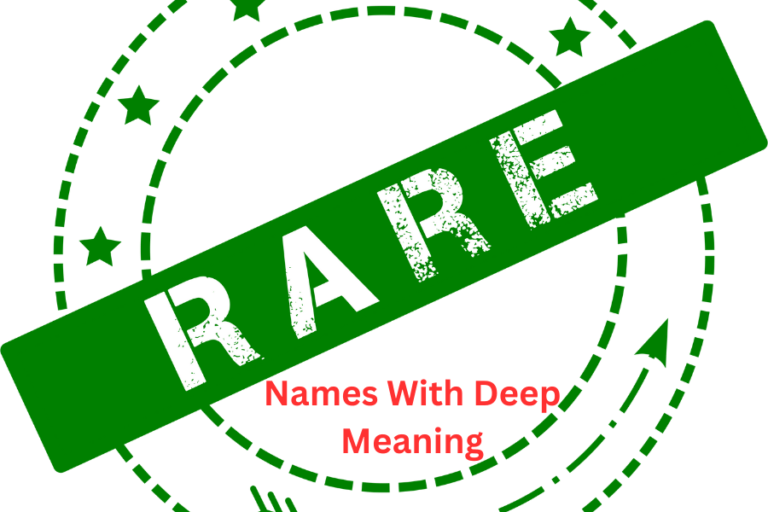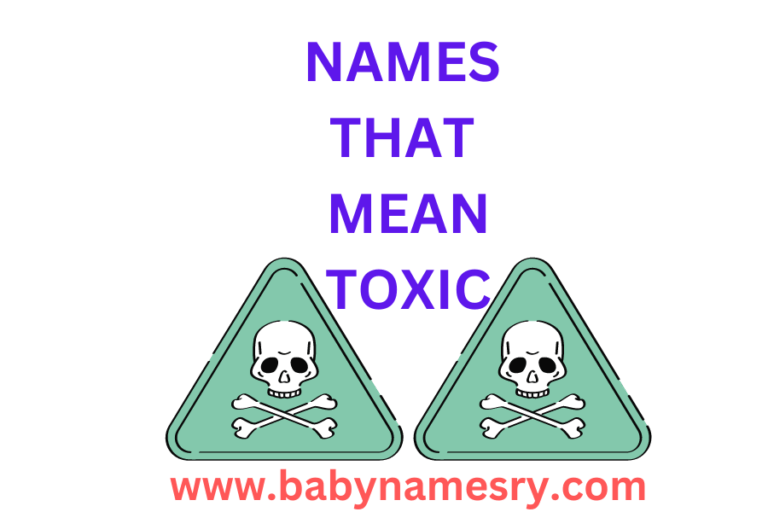12 Psychology Facts About Love

Love is a powerful and multifaceted emotion that shapes our thoughts, decisions, and behaviors. From the moment we experience the first flutter of attraction to the deep attachment we form with a partner over time, love is intricately tied to our brain chemistry, psychological well-being, and social behavior. Understanding the psychology behind love can offer deeper insights into why we feel the way we do, how love affects us, and why it can sometimes feel so overwhelming.
Here are 12 psychology facts about love that explain the complex interplay between our minds, emotions, and relationships.
1. Love Activates the Same Brain Regions as Cocaine
One of the most fascinating facts about love is that it affects the brain in ways similar to addictive substances like cocaine. According to neuroscience research, love triggers the release of dopamine in the brain, the same chemical released when people engage in behaviors that bring them pleasure or when they use addictive substances.
Studies using brain imaging have shown that the ventral tegmental area (VTA), which is involved in the reward system, becomes active when people are in love. This part of the brain controls the release of dopamine, which creates feelings of pleasure and motivation. The intensity of these feelings is why love can feel euphoric, especially in the early stages of a relationship.
In psychological terms, love is seen as a rewarding experience, similar to addiction, where the brain craves the positive feelings generated by interaction with a loved one.
2. Love Is a Survival Mechanism
From an evolutionary psychology perspective, love is not just a feeling—it’s a survival mechanism. Humans have evolved to form strong emotional bonds to ensure the survival of offspring and the maintenance of social structures. Love promotes cooperation, mutual care, and bonding, which are essential for the survival of the species.
Attachment theory, first developed by psychologist John Bowlby, suggests that the strong emotional bonds we form with our caregivers (and later romantic partners) provide a secure base that promotes emotional regulation, social development, and survival. Romantic love, in particular, is believed to evolve as a way to encourage pair bonding, ensuring that individuals stay together to raise children and contribute to their survival.
Don’t Miss: 10 Cheat Codes I Wish I Knew at 30
3. Love Triggers the Release of ‘Cuddle Hormones’
When we think of love, we often think of emotional closeness, but there’s a physical component to love as well. Oxytocin, often called the “cuddle hormone,” is released during intimate physical contact like hugging, kissing, and touching. Oxytocin is associated with bonding and trust, and it plays a significant role in deepening the emotional connection between partners.
In psychology, oxytocin is often linked with attachment and social bonding. Research has shown that oxytocin release during love-related interactions fosters feelings of warmth and intimacy. Over time, this creates a psychological bond that strengthens emotional closeness, making couples feel more secure and connected.
4. Attachment Styles Influence How We Experience Love
Psychologist Mary Ainsworth’s attachment theory suggests that the early relationships we form with our caregivers shape the way we connect with others throughout our lives, including romantic relationships. There are four primary attachment styles: secure, anxious, avoidant, and disorganized.
- Secure attachment leads to healthy, balanced relationships where individuals feel comfortable with both intimacy and independence.
- Anxious attachment leads to a desire for closeness, but often involves insecurity and fear of abandonment.
- Avoidant attachment results in a fear of intimacy and emotional distance.
- Disorganized attachment leads to chaotic and unpredictable relationships due to unresolved trauma.
Understanding your attachment style and your partner’s attachment style can help you navigate love more effectively, building stronger, more secure relationships.
You May Like: How To Read People Without Them Knowing
5. Love and Self-Esteem Are Closely Linked
From a psychological standpoint, self-esteem plays a crucial role in how we experience love. People with high self-esteem are more likely to engage in healthy relationships because they are secure in themselves and can offer emotional support without relying solely on their partner for validation. They know their worth and are less likely to tolerate disrespect or unhealthy behavior.
On the other hand, people with low self-esteem might struggle in relationships, often seeking validation from their partners or feeling unworthy of love. Self-love, therefore, is essential. Psychologists emphasize the importance of developing a healthy sense of self before seeking love from others, as this leads to more fulfilling and balanced relationships.
6. Love Increases Empathy and Understanding
Psychologically, love has been shown to increase empathy, allowing individuals to understand and care for the emotional experiences of their partner. Studies suggest that when you are in love, your ability to perceive and respond to the emotions of others is heightened.
In romantic relationships, love creates a sense of emotional attunement, where partners are more likely to accurately understand each other’s feelings, needs, and desires. This heightened empathy leads to greater emotional support, deeper connection, and healthier conflict resolution.
Don’t Miss: 10 Sentences That Will Get You Ahead of 91% of People
7. The ‘Love Hormones’ Affect Our Health
Love isn’t just an emotional experience—it’s a physiological one too. Studies have shown that love can positively influence our physical health by lowering blood pressure, reducing stress levels, and boosting the immune system. Oxytocin and endorphins (the “feel-good” hormones) play a significant role in lowering stress and anxiety, making us feel more relaxed and connected to others.
From a psychological perspective, love acts as a buffer against stress, helping people cope better with life’s challenges. The emotional support provided by loved ones is linked to better mental health, which in turn promotes a healthier body.
8. Love Can Blind Us to Flaws (At First)
One of the psychological effects of being in love is that it can temporarily blind us to our partner’s flaws. This is known as “romantic idealization.” In the early stages of a relationship, we tend to see our partner through “rose-colored glasses,” focusing on their strengths and overlooking their weaknesses.
Psychologists refer to this phenomenon as the “halo effect,” where positive attributes (such as attractiveness or kindness) cause us to overlook or excuse negative traits. Over time, as the novelty of the relationship wears off, we begin to see our partner more realistically. This can sometimes lead to disappointment if the idealized image we had doesn’t align with reality.
However, realistic love—where you accept and love your partner for who they truly are, flaws and all—is what leads to long-term satisfaction and a healthier relationship.
You May Like: 15 Secrets To Instantly Boost Your Confidence
9. Love and Jealousy Are Intertwined
Jealousy, although often seen as negative, is a natural psychological response to love. In relationships, feelings of jealousy are often tied to insecurities, fear of abandonment, and the desire to protect the relationship. Evolutionarily, jealousy may have served as a way to protect emotional bonds and ensure that resources (like love and attention) were not diverted elsewhere.
However, excessive jealousy can be damaging. Psychologically, jealousy becomes a problem when it’s based on insecurity or possessiveness rather than genuine concern. Learning how to manage jealousy, communicate openly, and build trust is key to maintaining a healthy relationship.
10. Love Can Improve Mental Health
One of the most important psychological benefits of love is its impact on mental health. Being in a supportive, loving relationship can reduce feelings of loneliness, anxiety, and depression. Social support is a key factor in mental well-being, and romantic love provides a source of emotional security and comfort.
Moreover, love fosters positive emotions such as happiness, joy, and hope, which are associated with better mental health. Research in psychology shows that people in loving relationships tend to experience lower rates of depression and higher levels of emotional well-being.
Don’t Miss: 12 Habits That Damage Your Brain (Without You Realizing It)
11. The Chemistry of Attraction Starts Early
Psychologically speaking, the chemistry of attraction begins long before we consciously recognize it. The initial stages of attraction are driven by subconscious cues related to physical appearance, body language, and scent. Research has shown that pheromones (chemical signals) play a role in attraction, influencing the way we perceive potential partners.
Furthermore, our preferences in partners are often shaped by evolutionary factors, such as the desire for good health, social status, and the ability to provide for offspring. Psychologists suggest that attraction isn’t just about love—it’s also about survival instincts that have evolved over centuries.
12. Love and Commitment Go Hand-in-Hand
One of the most well-documented findings in relationship psychology is the connection between love and commitment. Research suggests that committed relationships tend to be stronger, longer-lasting, and more fulfilling when both partners share deep affection and attachment. Commitment, in this context, acts as a stabilizing force that ensures couples remain connected even when faced with challenges.
The commitment component of love encourages partners to invest in the relationship, work through difficulties, and prioritize each other’s needs. The stronger the emotional attachment, the more likely a couple is to stick together, which is why commitment and trust are foundational elements of long-term love.
Final Thoughts
Love is an incredibly complex and multifaceted emotion. From the chemicals in our brain to the bonds we form, love is both a psychological and physiological experience that influences our behavior and well-being. Understanding the psychological underpinnings of love can help us navigate our relationships with more empathy, clarity, and self-awareness.
Whether you’re looking to deepen your relationships, manage jealousy, or simply understand why love feels the way it does, psychology provides valuable insights into this universal human experience.
FAQs: Psychology Facts About Love
- Can love really affect our brain chemistry?
Yes! Love triggers the release of dopamine, oxytocin, and other chemicals that make us feel good, similar to addictive substances. This is why love can feel so euphoric and intense in the early stages.
- How can I use these psychological insights to improve my relationship?
By understanding the psychological aspects of love, such as the importance of communication, empathy, and commitment, you can strengthen your emotional connection, reduce misunderstandings, and foster a deeper bond.
- How do I deal with jealousy in a relationship?
Managing jealousy involves self-awareness and trust-building. Open communication and addressing insecurities early on can help reduce feelings of jealousy. Focus on emotional security and creating a supportive environment in the relationship.
- Is romantic love just about physical attraction?
No, romantic love is a combination of emotional bonding, psychological attachment, and physical attraction. Over time, emotional intimacy and shared values become more important than physical attraction alone.
- Can love improve mental health?
Yes, love provides emotional support, reduces loneliness, and fosters positive feelings, all of which contribute to improved mental health. A loving, supportive relationship can help you cope with stress, anxiety, and depression.






